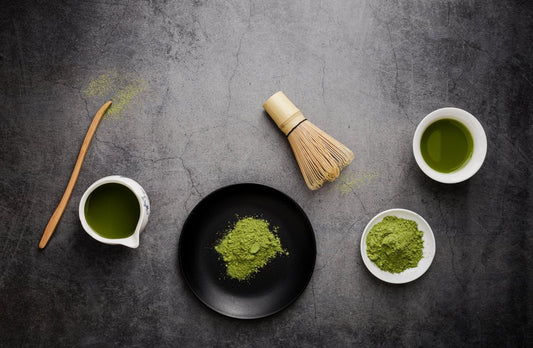When you think of oral health, tea might not be the first remedy that comes to mind. But it's time to brew some facts: Earl Grey tea, that aromatic infusion loved by many, could be more than just a comforting beverage. It might just be a surprising ally for your oral health.
The Cavity Fighter: Fluoride in Tea
Earl Grey tea, made from the Camellia sinensis leaves, naturally contains fluoride, a mineral that’s crucial in the fight against tooth decay. Fluoride strengthens tooth enamel and can help resist the acid produced by plaque bacteria. Regularly sipping on Earl Grey could be a delightful way to support your enamel’s armor.
Bacteria's Natural Nemesis: Catechins
The antioxidants in Earl Grey, known as catechins, have antibacterial properties. These catechins can aid in reducing oral infections and combating bacteria that cause plaque, offering a one-two punch to keep your oral microbiome in balance.
Soothing Sips: Reducing Inflammation
Inflammation is a common culprit behind gum disease. The anti-inflammatory properties of the bergamot oil in Earl Grey can help soothe inflamed gums, providing a gentle touch to tender mouths and helping to keep gum disease at bay.
A Toast to Fresh Breath
The distinct aroma of Earl Grey comes from bergamot oil, which not only provides a sensory delight but also helps ensure your breath is pleasantly fresh. The citrusy notes of bergamot can help neutralize bad breath, making Earl Grey a refreshing choice after meals.
Mindful Moderation and Oral Care
While Earl Grey can be beneficial for oral health, it’s important to enjoy it mindfully. Tea can contain tannins, which, when consumed in excess, might stain teeth. As with all good things, moderation is key, and so is maintaining a comprehensive dental hygiene routine.
Conclusion:
So next time you steep a cup of Earl Grey, remember that its benefits go beyond its exquisite taste and calming effects. It’s also a natural ally for your oral health, contributing to a brighter smile and healthier you. And isn’t that something to smile about?




